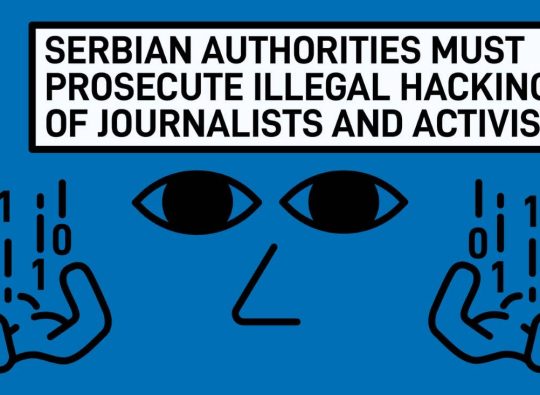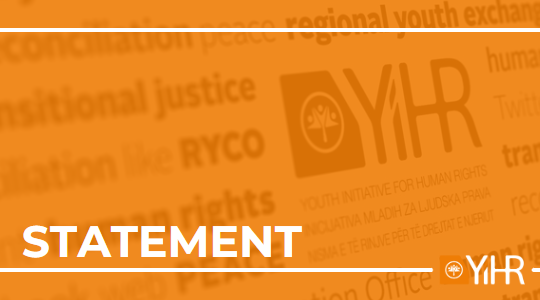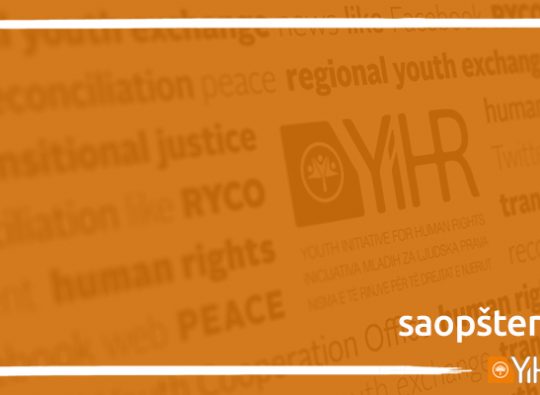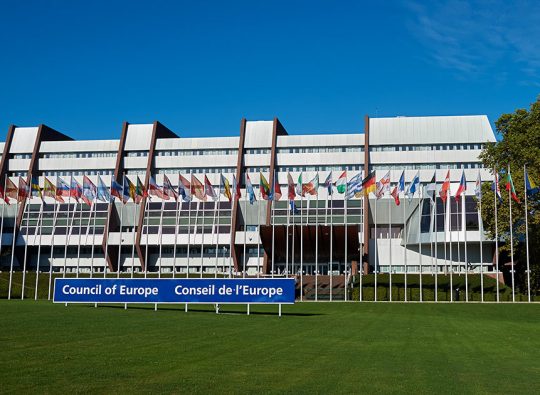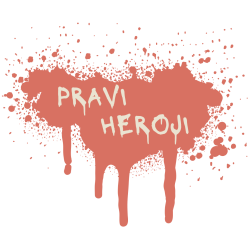Conscious failure to point to the responsibility of persons who initiated armed conflict amounts to the normalization of paramilitary association and violent resolution of the problems, and not to the normalization of relations with Kosovo. By declaring the day of mourning without clearly condemning the acts of a violent group, which was found in possession of a massive quantity of illegal weapons, the public is being misled and long-term damage is inflicted on the negotiation process and people who live in Kosovo. The decision to heroize and justify the acts of persons suspected to have committed a series of grave criminal offenses and who were killed in the action of the Kosovo police contribute to collective stigmatization of Serbs as criminals. The fear of armed conflict is thus being spread, especially in the north of Kosovo.
Additionally problematic is the fact that the failure – to properly name the persons who use and possess large quantities of weapons – came only several months after a government-led firearms surrender campaign following mass murders in Belgrade and villages around Mladenovac.
In a country where nearly one quarter of young people consider that Serbia should “restore full sovereignty in Kosovo by military means”, the highest representative of the Republic of Serbia, with such attitude towards violent clashes in Kosovo and by presenting as role models people who do not deserve such qualification, contribute to the radicalization of young people. The Government, as well as intelligence services of the Republic of Serbia, are obliged to provide answers to citizens regarding a range of open questions and unknowns. The Prosecutor’s office in Belgrade should conduct an urgent investigation of all circumstances around the event in Banjska and offer cooperation to the Special Prosecutor’s Office in Pristina in that respect.

